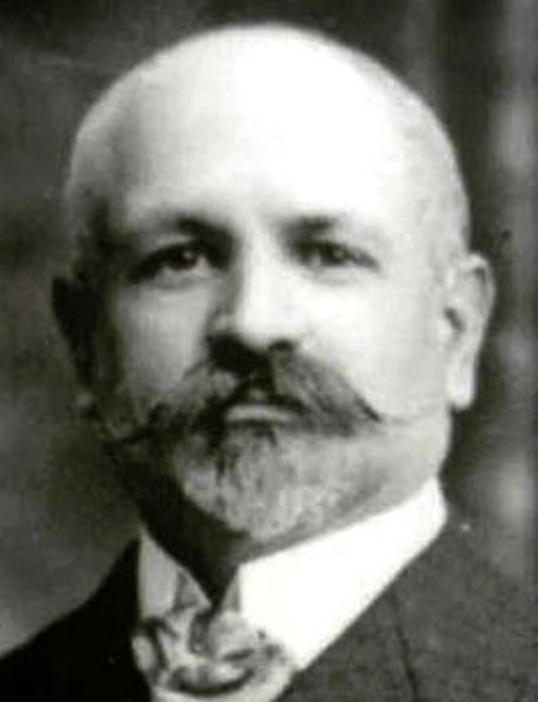On this date in 1859, Spanish freethinker and educator Francisco Ferrer i Guàrdia was born on a farm near Barcelona. While his parents were pious Catholics, he was influenced by the anti-clerical views of his freethinking uncle and an early employer, which led him to support left-wing causes, including efforts to end Spain’s monarchy.
As a conductor on a train between Barcelona and France, Ferrer secretly sent messages for an exiled Republican leader and helped political refugees escape. After a Republican uprising failed in 1895, he fled with his wife Teresa and three daughters to Paris, where they lived for the next 16 years and he joined various socialist and anarchist causes while teaching Spanish and selling wine on commission.
A substantial inheritance enabled Ferrer to return in 1901 to Barcelona, where he started the Escuela Moderna, openly defying the monarchy and the Catholic dogmatic education system that saturated Spain. At the time, about half of Spaniards were illiterate. One report said the school “championed traits of reason, dignity, self-reliance and scientific observation over that of piety and obedience.”
Ferrer’s school had a printing press that printed dogma-free textbooks and radical tracts. Branches were opened in several cities and then internationally. In 1906, a young man who operated the press tried and failed to assassinate King Alfonso XIII. Ferrer was charged as a conspirator and his schools were closed.
Eventually freed for lack of evidence, Ferrer toured Europe, giving speeches and founding the International League for the Rational Education of Children. In 1909, after the renewed colonial war in Morocco provoked riots and a general strike, he was blamed for fomenting the rebellion and sentenced to death by firing squad. Historian Paul Avrich later called the case a “judicial murder” carried out to dispose of an agitator whose ideas threatened the status quo.
After Ferrer’s execution at age 50, Pope Pius X sent a gold-handled sword engraved with congratulations to the military prosecutor. (D. 1909)


